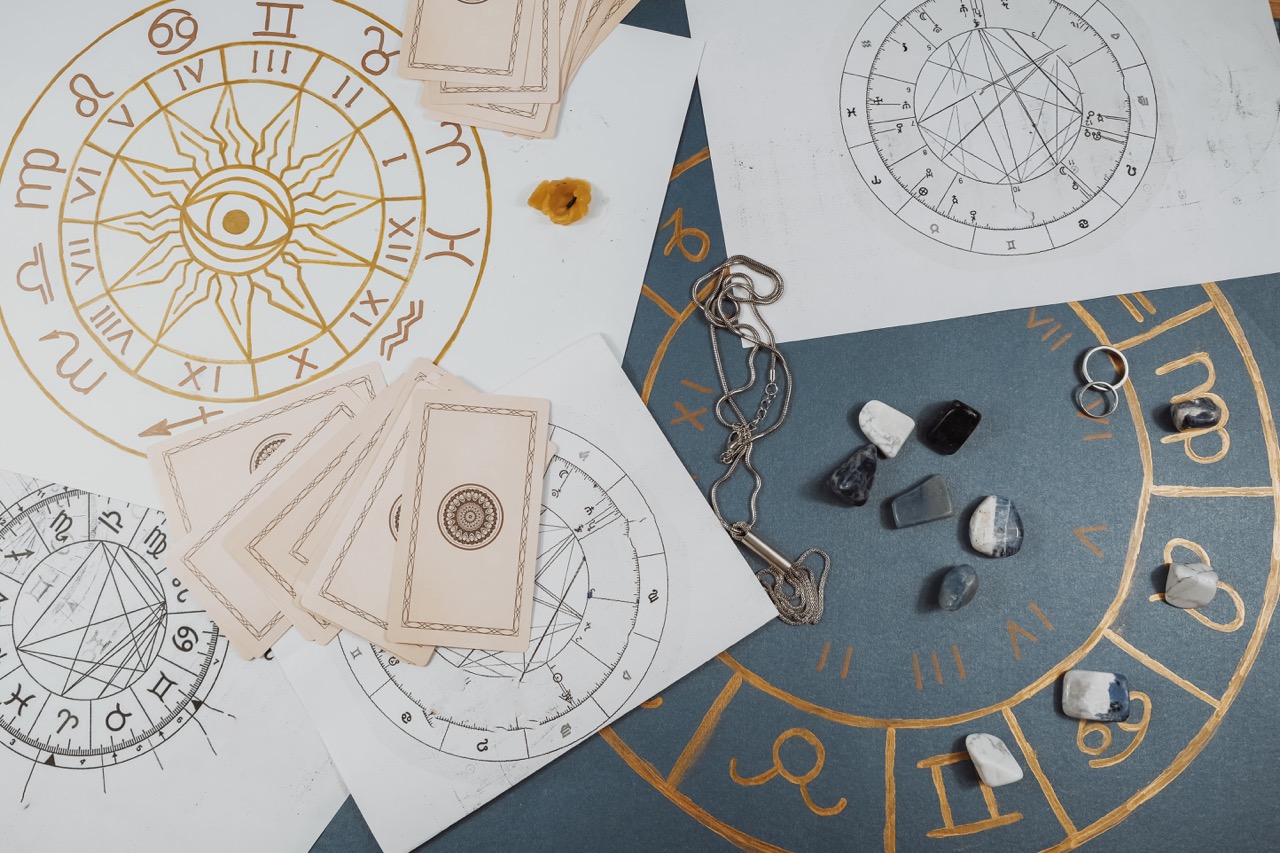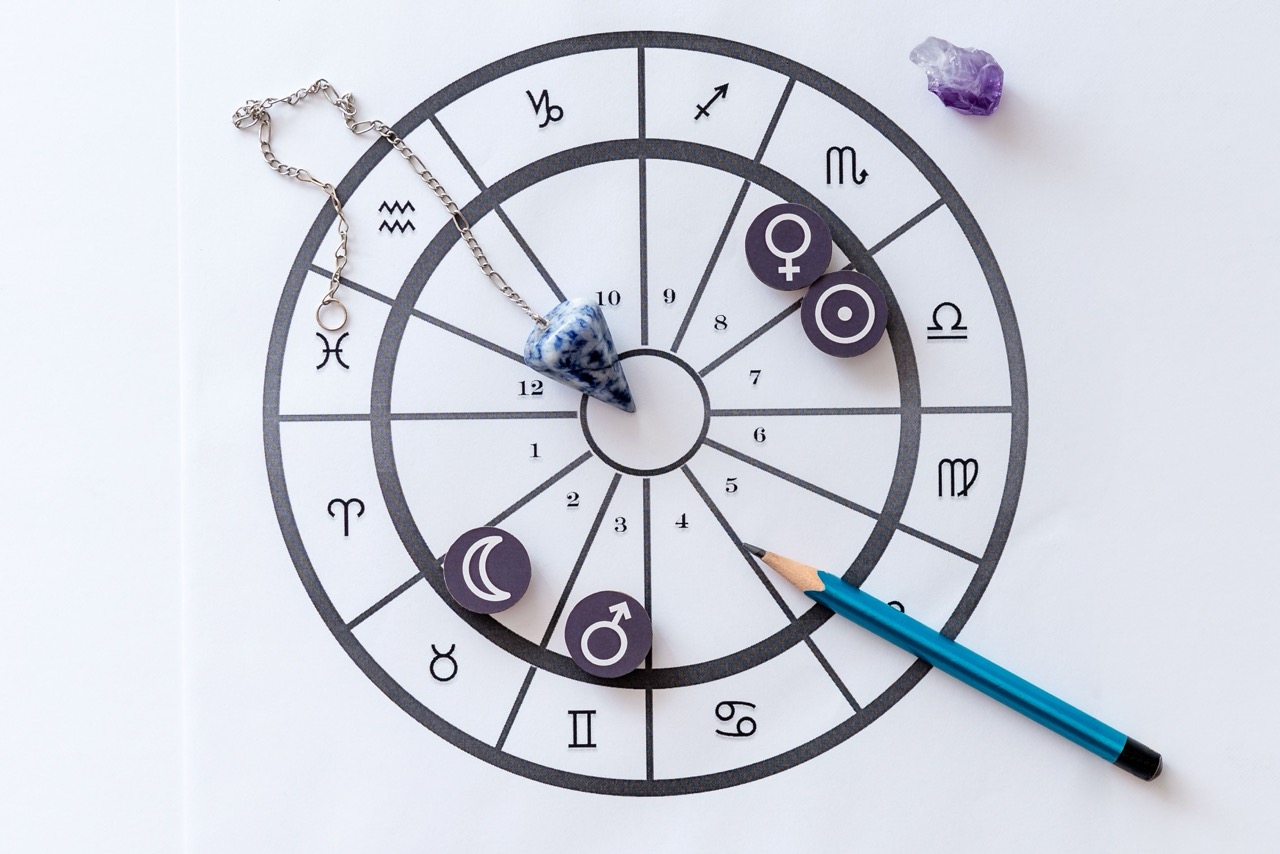Søren Kierkegaard, an enigmatic figure often hailed as the father of existentialism, delves into the human experience with a philosophical intensity that resonates deeply with the spiritual seeker. His writings, steeped in the struggles of existence and the nuances of faith, invite us to explore the depths of our souls, raising fundamental questions about meaning, purpose, and the divine. In this article, we will journey through Kierkegaard’s spiritual insights, focusing on his quest for meaning and the inherent paradoxes of faith and doubt that shape our understanding of existence.
Unveiling the Soul: Kierkegaard’s Quest for Meaning
Kierkegaard’s philosophical odyssey begins with a profound inquiry into the nature of the self. He posits that true understanding transcends mere intellectual comprehension; it demands a robust engagement with one’s innermost being. In an age dominated by rationalism and scientific inquiry, Kierkegaard urges us to confront our existential anxieties and the void that lies beneath the surface of our lives. He emphasizes that the journey toward meaning is not a straight path but a winding road filled with emotional turmoil, uncertainty, and self-reflection. This quest becomes a deeply personal endeavor, where one must wrestle with the very fabric of their identity and beliefs.
The idea of "the leap of faith" plays a central role in Kierkegaard’s philosophy, acting as a bridge between despair and hope. To embrace faith, one must first acknowledge the absurdity of existence and the limitations of human reason. Kierkegaard asserts that faith is not a comfortable state of certainty but rather an act of courage—the willingness to engage with the unknown and to trust in something greater than oneself. This leap is not a blind jump; it stems from a deep understanding of one’s own despair, illuminating the soul’s yearning for connection and purpose amidst chaos. In this way, the quest for meaning becomes a transformative experience, allowing individuals to rise above their fears and embrace the complexities of existence.
Moreover, Kierkegaard’s insights encourage a radical authenticity, urging individuals to confront their own truths rather than adhere to societal norms or expectations. He challenges us to live passionately, fully aware of our choices and the weight they carry. This authenticity is not merely a personal endeavor; it becomes a spiritual exercise in connecting with the divine, as each genuine choice reflects our relationship with God and the universe. In Kierkegaard’s view, the unveiling of the soul is an ongoing process, one that requires both introspection and the courage to confront our own limitations. It is here, in the depths of our struggles, that we often find the most profound meaning.
Embracing Paradox: The Dance of Faith and Doubt
Kierkegaard’s exploration of faith introduces us to the intricate dance between belief and doubt—a dynamic tension that defines the spiritual journey. He posits that doubt is not an enemy of faith but rather an integral component of it. This paradox challenges traditional notions of certainty, suggesting that true faith emerges from grappling with uncertainty. In Kierkegaard’s perspective, faith is like a tightrope walk, where each step is fraught with risk. It requires a willingness to embrace the contradictions of life, acknowledging that one’s deepest convictions often coexist with lingering doubts.
The struggle between faith and doubt is vividly illustrated in Kierkegaard’s concept of the "knight of faith." This archetype embodies the person who, despite experiencing profound doubt and despair, makes a conscious choice to believe. The knight does not possess an unwavering conviction but rather embodies a passionate commitment to faith in the face of uncertainty. This willingness to embrace the paradox becomes a source of strength, allowing individuals to navigate the complexities of existence with grace and resilience. In this dance, faith transforms into a dynamic force—one that evolves and deepens as we confront our doubts and insecurities.
Kierkegaard’s insights compel us to reconsider how we view our own struggles with faith. In a world that often demands clear answers and absolutes, he invites us to embrace ambiguity and complexity. The interplay between faith and doubt serves as a reminder that the spiritual journey is not a linear path, but a rich tapestry woven with uncertainty, joy, sorrow, and discovery. Ultimately, Kierkegaard teaches us that true spirituality lies in the acceptance of paradox; it is within this acceptance that we find the depth of our humanity and the potential for connection with the divine.
In exploring the spiritual insights of Søren Kierkegaard, we find a profound invitation to engage with the complexities of our own existence. His quest for meaning urges us to unveil our souls, embracing authenticity while navigating the intricate dance between faith and doubt. Kierkegaard’s philosophy resonates with anyone searching for a deeper understanding of themselves and their relationship with the divine. Ultimately, his legacy reminds us that the journey toward spiritual fulfillment is not a straightforward path, but a rich and transformative experience filled with paradoxes, challenges, and the ever-elusive quest for meaning.




